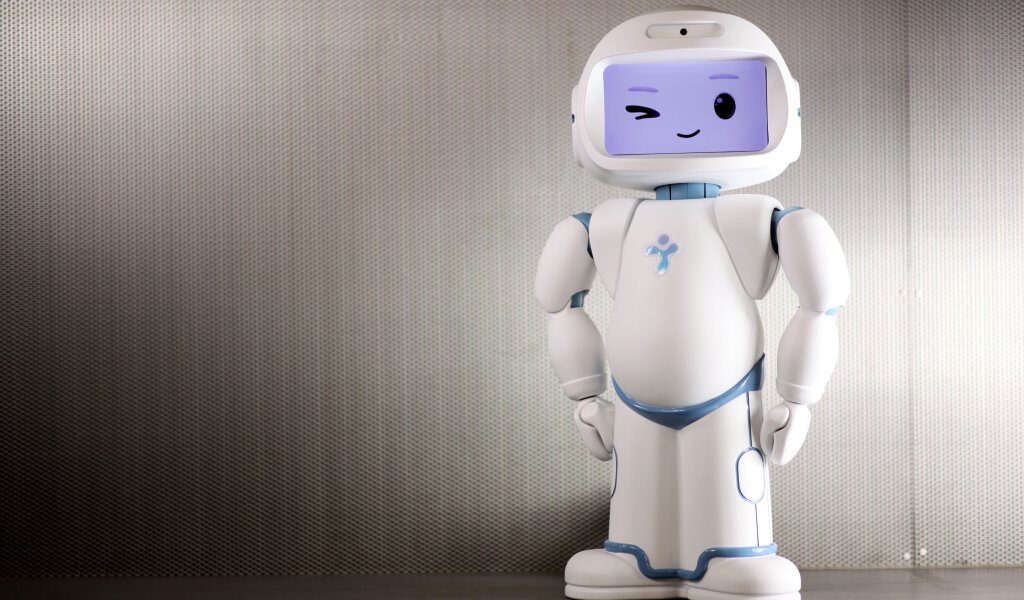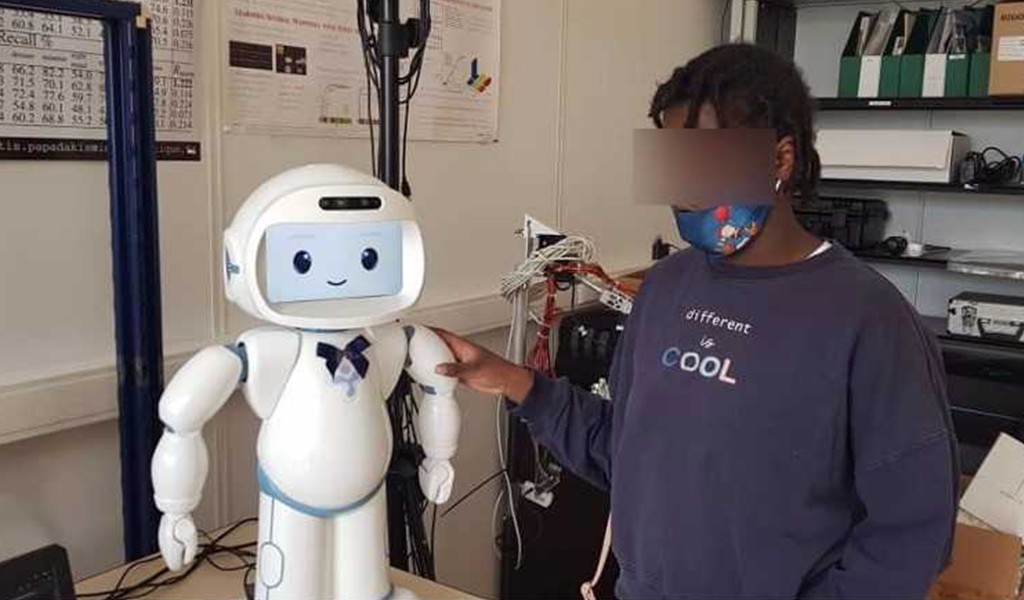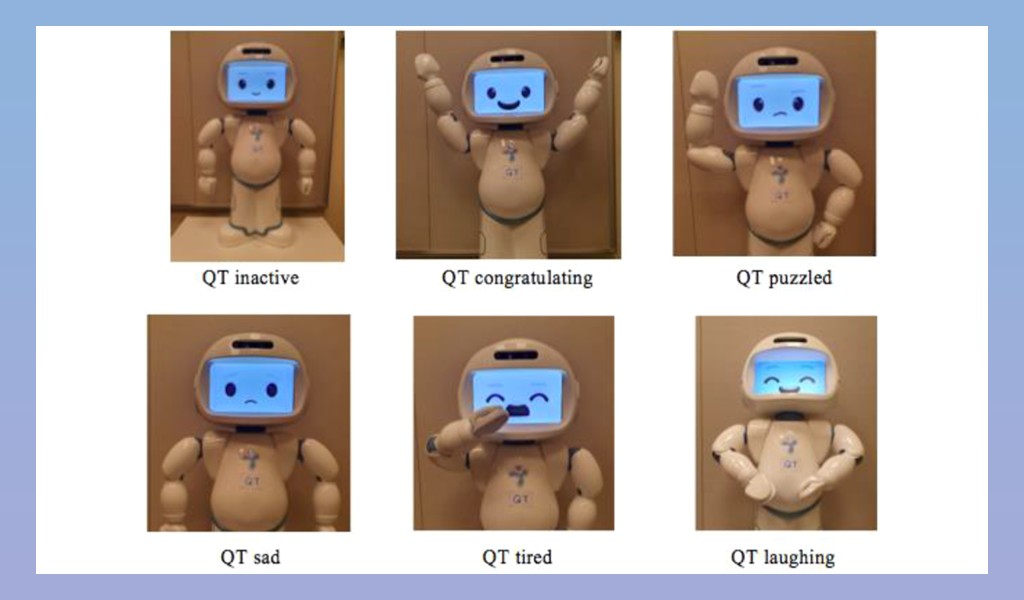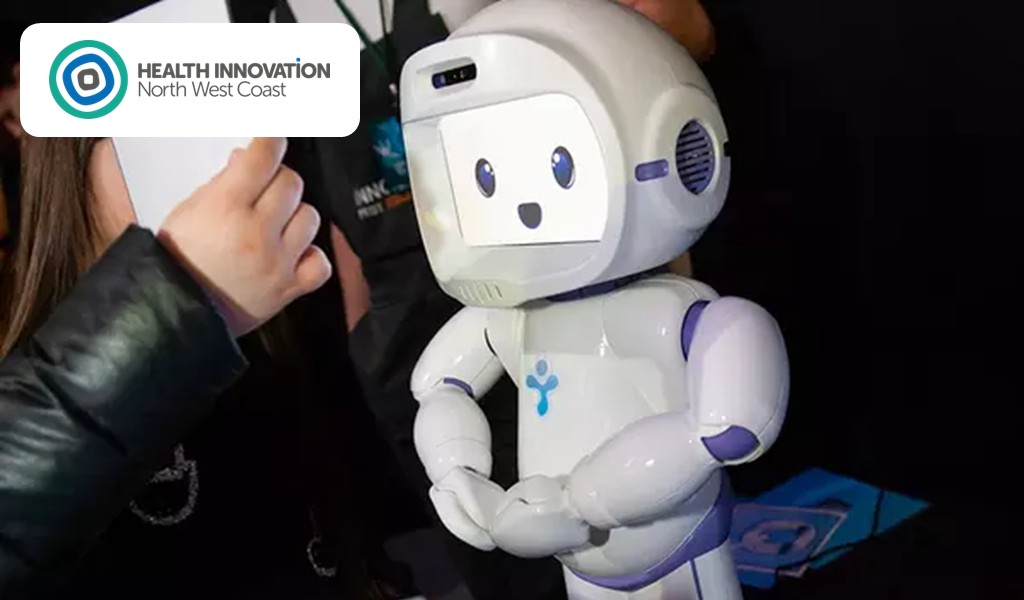LuxAI is excited to announce a new 1.8M EUR investment on validating the clinical effectiveness of QTrobot for at-home intervention of young children on the autism spectrum. In partnership with the Luxembourg Institute of Health, this project focuses on a long-term randomized clinical trial for evaluation of the outcome of the children receiving help from the parent-led early autism interventions delivered by QTrobot in comparison to the outcome of the children who only receive the treatment as usual. The project has received funding from the Luxembourg Ministry of Economy and the Luxembourg National Research Fund.
Autism spectrum disorder and challenges of accessing high-quality early interventions
Autism spectrum disorder (ASD) is a childhood neurodevelopmental disorder which affects 1 in every 44 children and is presented with difficulties in social interaction and communication, restricted behaviours and interest and often delayed development in the areas of language, motor and cognitive, among others.
Receiving individualized and evidence-based early interventions is the key to reduce long-term autism challenges, including social and communication difficulties, mental health problems and long-term reliance on care services.
Due to shortage of skilled professionals and prohibitive costs, however, autism interventions are not sufficiently accessible for many families. This reduces autistic children’s chances to reach their full potential, exposes families to mental health problems and reduced productivity, triggering further inequalities. This also exposes the society with high costs of life-long care for autistic people that could be prevented if sufficient prompt and effective interventions were accessible.
QTrobot, an engaging social robot for at-home early intervention for autistic children
QTrobot is an expressive humanoid social robot that engages autistic children into game-based, skill-specific, and age-appropriate interventions designed to enhance their development in language and communication, social-emotional skills, community awareness, cognitive skills and self-care. With 300+ ready-to-use individual units designed by autism professionals based on early-childhood developmental milestones, QTrobot offers a comprehensive intervention, covering a large variety of needs of autistics who are developmentally below 5 years old.
By empowering non-specialized carers like parents and social support staff to deliver standard and evidence-based interventions, QTrobot can help the access to effective, scalable, and affordable therapy for autistic children. By improving the access to early interventions for autistic children at home, QTrobot can reduce the consequential disabilities and the impact of autism symptoms on the development of children across a broad range of skills. This in turn can reduce the long-term cost of care and dependence on social services for daily living. Furthermore, accessible early interventions can improve inclusion, better academic education and enhanced employment chances.
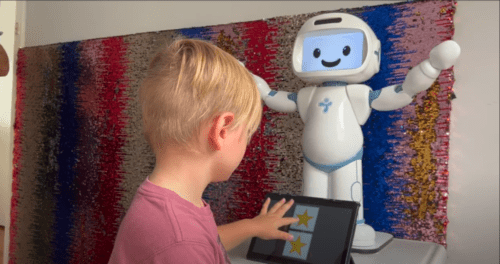
QTrobot as a novel digital therapeutic device for at-home therapy of autistic children
To confirm the clinical effectiveness of a social robot as the solution, a long-term, large scale and multinational clinical study is issued. The clinical study of this scale is one of its kind globally. The study compares the progress of children who receive the robot-based therapy at home, in addition to the usual care they are already receiving, in terms of social, cognitive, language and communication development as well as reduction of the autism symptomatology with progress of the children who only receive the usual care.
The project is a collaboration between the Luxembourg based company LuxAI, developer and manufacturer of QTrobot and the Luxembourg Institute of Health, bringing together the specialties required for developing and clinically validating the QTrobot as a medical device for at-home therapy of autistic children. The project also brings together autism scientists and clinicians from Luxembourg, Germany, France, Italy and the United Kingdom, proposing a novel and unique clinical study in terms of its scope, scale (190 participants in 5 countries) and duration (12-month intervention)
Social robots have been the topic of interest for therapy of children with autism for a long time, however the scientific and clinical studies in the field have been conducted with a small sample size and for a brief period of intervention. Furthermore, there are only a few studies that have been conducted in a real world and natural environment of children outside of an experimental lab.
This clinical trial is therefore a unique study based on its scale and duration, and its at-home setting. Therefore, the results and experience gained in this project can potentially open a new perspective on the use of social robots for therapy.
If the results of the project show a significant clinical impact, social robots can be considered as a reliable, affordable and scalable tool to increase the accessibility to effective early interventions for autistic children.
